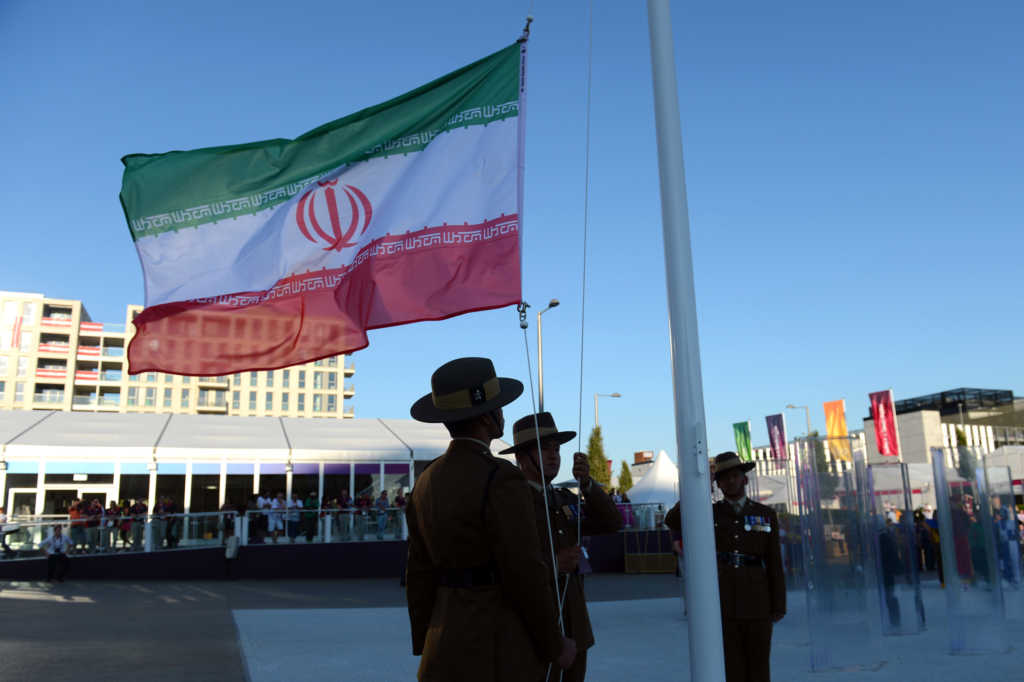The grave of an Iranian Christian pastor who was hanged thirty years ago has been demolished.
Rev. Hossein Soodmand was executed in Mashad prison on December 3rd 1990, who was the last person to be put to death in Iran for the crime of “apostasy.”
According to a 2008 Telegraph piece, Soodmand “converted from Islam to Christianity in 1960, when he was 13 years old,” then, “thirty years later, he was hanged by the Iranian authorities for that decision.”
Now, shockingly, Soodmand’s burial place, which was located in the city of Mashad, has been completely destroyed.
Article18, a London-based non-profit dedicated to the protection and promotion of religious freedom in Iran, reports that Soodmand was laid to rest on the edge of the Beheshte-Reza cemetery. For years, his grave was marked by a simple concrete slab. Now, all that is left is the soil beneath which his body is buried.
“As a member of the family of this martyred pastor, I can say that the recent disrespect shown to our father’s grave wounded our hearts yet again,” Soodmand’s daughter, Rashin, told the organization.
“Our father was killed cruelly and contrary to the law. They buried him in a place they called la’anatabad [accursed place], without our knowledge, and did not even give our family the opportunity to say goodbye to him, or to see his lifeless body.”
Rashin added: “For years we had to travel to this remote place to visit his unmarked grave, and we were not even allowed to construct a gravestone bearing his name…and now they want to completely remove the only sign of him left for us. We will take our appeal to any relevant national or international institution about this disrespect and cruelty.”
According to International Christian Concern, Brig. Gen. Esmail Qaani who has replaced Qasem Soleimani as commander of the Quds Force, is a native of Mashad. ICC reports that in August 1988 Qaani was “appointed deputy commander of the Guard’s Forces, and is believed to have overseen a crackdown there in 1992 against protesters.”
Indeed, Qaani has a personal connection to Soodmand’s case, with ICC noting that he would “have held a degree of command authority as the process of Pastor Soodmand’s execution was carried out.”
In comments made to Faithwire, Regional Manager for the Middle East, Claire Evans, said that the heinous desecration was indicative of Iran’s increasingly hostile attitude towards followers of Jesus.
“The destruction of his grave occurred near the 20th anniversary of his death. It serves as a reminder that Iran remains a hostile place toward Christians, and that the government wants the memory of Christianity erased from its country, ” Evans explained.
“Today, the people in Iran have shown a remarkable openness toward Christianity. This worries the regime, which is constantly under pressure from the people. As this pressure grows, we can expect the government to take their frustrations out on Christians. We must keep Iran in prayer during this difficult time.”
Evans further elaborated on Soodmand’s incredible conversion to Christianity:
“He was born before the Islamic Revolution, when Christians lived more openly in Iran. He once threw a stone at a Christian woman and broke his leg as he tried to run away. Instead of beating him, the woman helped him. From then, he became interested in Christianity and later converted during his military service. He would later work in a Christian hospital, but the Islamic Revolution of 1979 changed this. He then established a house church. When it began growing, Iran’s new government began pressuring him. He was arrested, and told to deny Christianity or be killed. He was eventually released on bail, and was advised to flee to Greece, but he felt God wanted him to serve in Iran. He was rearrested a few weeks later, and then hanged.“
Iran is listed as the ninth most oppressive place on earth in which to live as a Christian, with the majority of those persecuted having converted from Islam.
“Converts from Islam to Christianity bear the brunt of Christian persecution, especially by the government and, to a lesser extent, by their families and society,” notes Open Doors USA. “The government sees them as an attempt by Western countries to undermine Islam and the Islamic regime of Iran.”
The persecution charity estimates that there are roughly 800,000 Christians currently residing in the Islamic republic.



